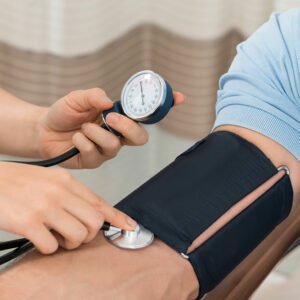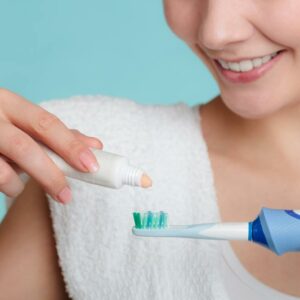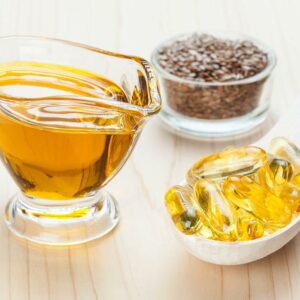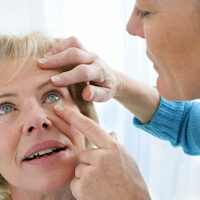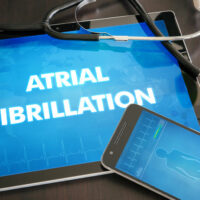
health
9 warning signs of narcolepsy
Narcolepsy refers to a chronic neurological disorder in which the brain is unable to control the body’s sleep-wake cycles. Consequently, individuals with this condition typically feel energized immediately after waking up but feel lethargic throughout the day. Although narcolepsy does not lead to serious health conditions in the long run, it can impact one’s daily functioning significantly. So, here are some signs of narcolepsy one shouldn’t ignore: Warning signs of narcolepsy 1. Excessive sleepiness throughout the day A brain chemical known as hypocretin or orexin typically controls one’s sense of wakefulness. However, patients with narcolepsy are deficient in hypocretin. This deficiency is believed to be caused by the immune system’s attack on the cells that produce this brain chemical or the receptors that enable its functioning in the body. Consequently, the onset of narcolepsy leads to excessive sleepiness throughout the day despite a good night’s sleep. 2. Sleep paralysis Sleep paralysis is when one experiences loss of speech and movement while falling asleep or upon waking up. Although it lasts for a few seconds or minutes, sleep paralysis can be debilitating. This symptom is not experienced by all individuals with narcolepsy but may be a sign of the disorder and should not be ignored.
Read More 
